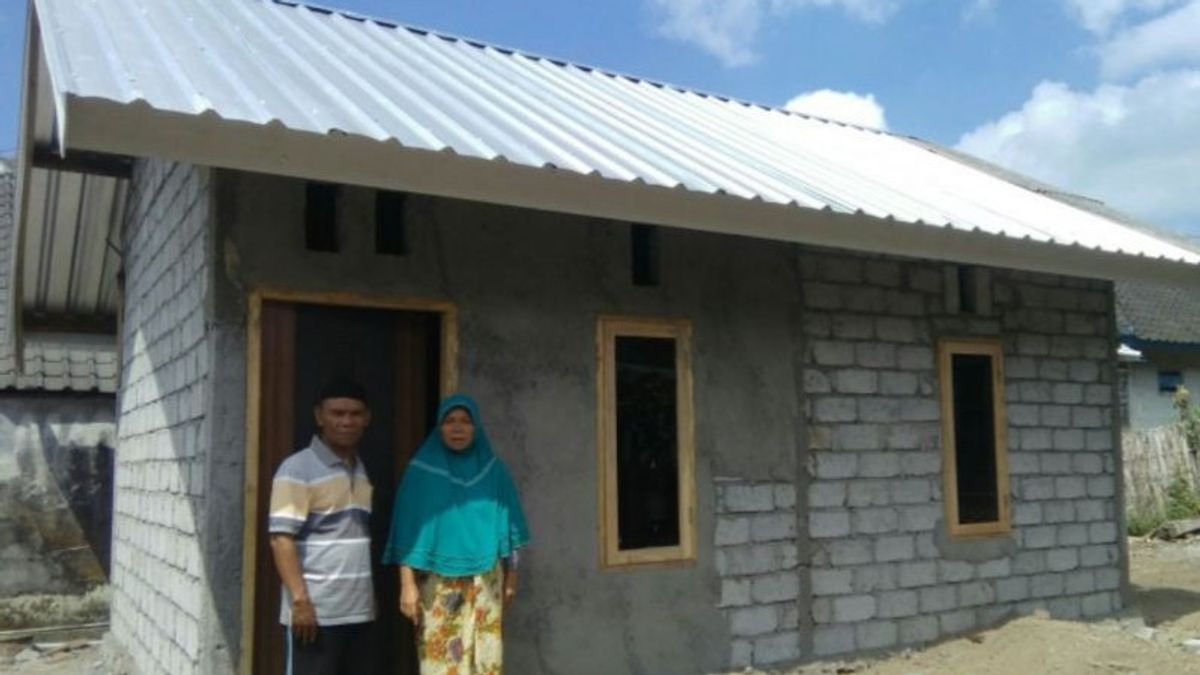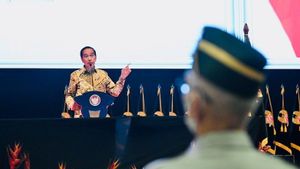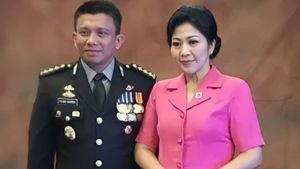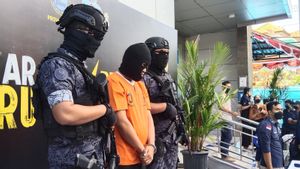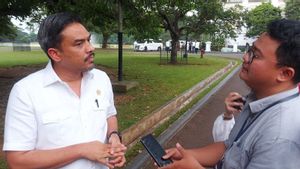JAKARTA - The Ministry of Public Works and Public Housing (PUPR) will build basic infrastructure and connectivity in 212 regencies and cities by 2022 to help people get out of the trap of extreme poverty.
"The Extreme Poverty Eradication Program for areas designated as extreme areas is carried out according to needs so that it can be targeted, effective and efficient," said PUPR Minister Basuki Hadimuljono as quoted by ANTARA, Friday, August 5.
Basuki said that the handling of extreme poverty was carried out in stages with an integrated regional arrangement approach in 35 priority districts/cities in 2021 and continued with 212 districts/cities in 2022, to reach a total of 514 districts/cities nationally in 2023-2024.
The PUPR Ministry's handling of extreme poverty, said Basuki, was carried out through the integration of the Community-Based Infrastructure (IBM) program for Human Settlements and Housing.
The IBM programs include Regional Socio-Economic Infrastructure Development (PISEW), Community-Based Drinking Water and Sanitation Provision (Pamsimas), and Community-Based Sanitation (Sanimas) as well as improving the quality of Uninhabitable Houses (RTLH) through Self-Help Housing Stimulant Assistance (BSPS).
"The Ministry of PUPR has intervened in 115 regencies/cities from the priority target of 212 regencies/cities in 2022," Basuki said.
He explained that his party is also indirectly trying to eliminate extreme poverty levels through the Cash-Intensive Program (PKT) which includes the development of water resources (SDA), roads and bridges, settlements, and housing.
In Fiscal Year (FY) 2022, the Ministry of PUPR allocated a budget of IDR 13.76 trillion for PKT with a target of absorbing 668,000 workers.
The program for handling extreme poverty is mandated through Presidential Instruction (Inpres) number 4 of 2022 concerning the Acceleration of the Elimination of Extreme Poverty (PKE).
In supporting the program, the Ministry of PUPR has the task of evaluating, reviewing, and improving the PUPR policies, programs, and budgets.
"Such as preparing the availability of clean water, sanitation, and environmental management, providing assistance for house repairs and/or construction of new houses, and relocation of settlements for extreme poor families," said the Minister of PUPR.
SEE ALSO:
The Head of the Regional Infrastructure Development Agency (BPIW) of the PUPR Ministry, Rachman Arief Dienaputra who is also the Coordinator of the Extreme Poverty and Stunting Program at the PUPR Ministry, said that the handling of extreme poverty can be carried out through collaborative financing between the Government, Regional Government, BUMN and the private sector so that the handling can be integrated.
After the integrated infrastructure is built, he hopes that the program can be continued by providing assistance from other relevant agencies such as social assistance (bansos), education, training, internet network, business assistance, and other assistance.
The English, Chinese, Japanese, Arabic, and French versions are automatically generated by the AI. So there may still be inaccuracies in translating, please always see Indonesian as our main language. (system supported by DigitalSiber.id)
